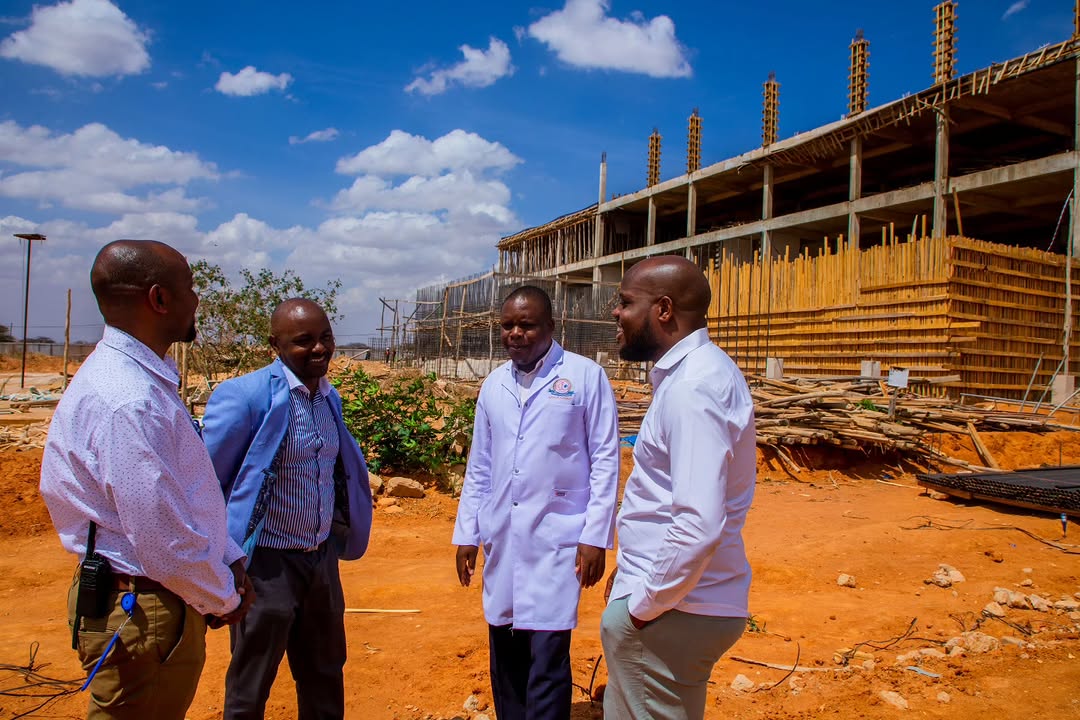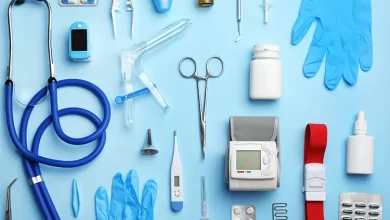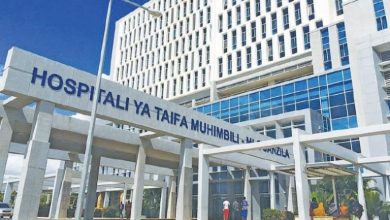IAEA, WHO experts laud hi-tech cancer treatment at BMH
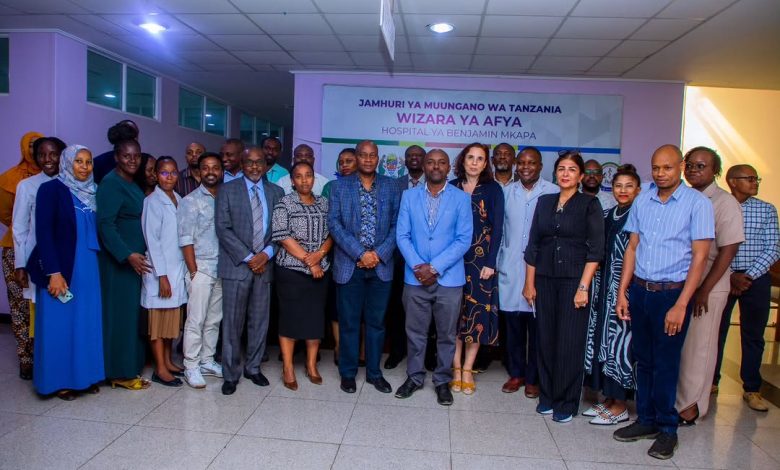
DODOMA: THE International Atomic Energy Agency (IAEA) and World Health Organisation (WHO) experts have given a thumbs-up to Tanzania’s growing investment in cancer care after touring the Benjamin Mkapa Hospital (BMH) in Dodoma on Tuesday.
The delegation, led by Coordinator of IAEA’s review programme, Dr Alfred Karagu, said they were impressed by the state-of-the-art Cancer Training and Treatment Centre under construction at BMH, which they believe will transform access to oncology services in the country.
“This visit, under the IMPACT project, has enabled us to assess Tanzania’s capacity to tackle cancer. We are pleased with the modern facilities being built here, which will boost radiotherapy services and enhance cancer care nationwide,” Dr Karagu said.
He added that a similar review in 2006 paved the way for Tanzania’s first National Cancer Control Strategy, which ran until 2022, stressing that the current evaluation will guide the development of a new strategy.
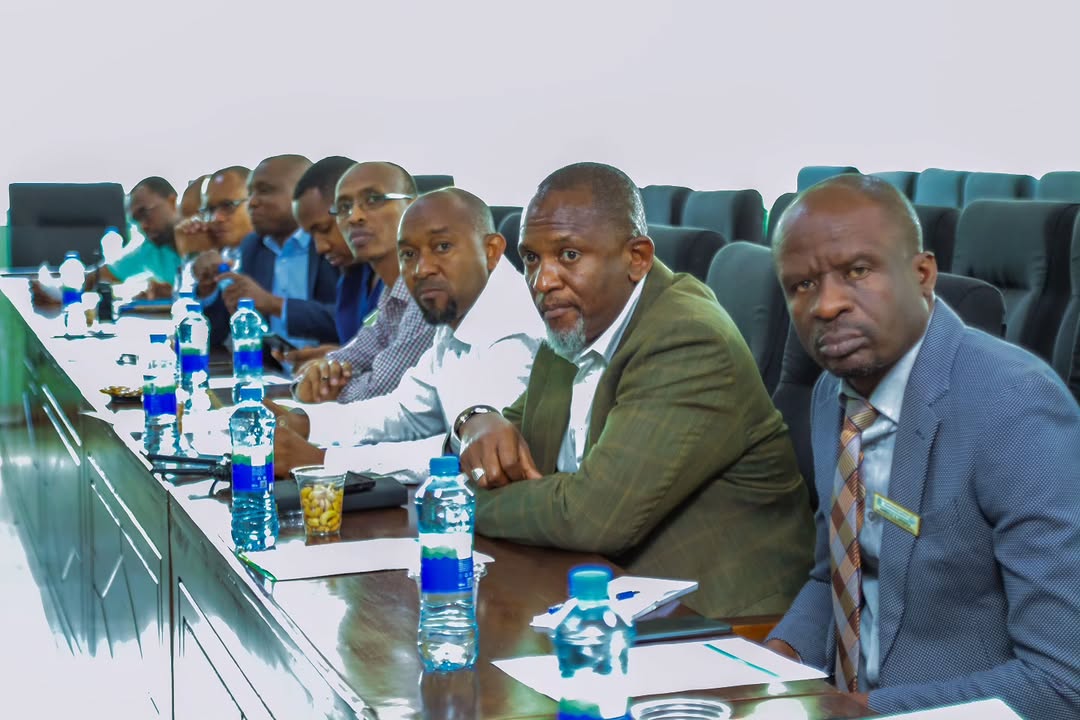
A radiology and nuclear medicine expert from the IAEA,Prof Hanan Gewefel, underscored the importance of public awareness and routine screening, especially for breast cancer.
She lauded BMH’s advanced mammography equipment, which detects the disease in early stages, cutting costs and improving survival.
National Cancer Coordinator from the Ministry of Health,Dr Caroline Mrema said this is the second IAEA–WHO assessment in Tanzania, the first being in 2006.
“The previous review helped develop the National Cancer Control Strategy, which ended in 2022. This assessment will guide the creation of a new strategy in collaboration with stakeholders,” she explained.
BMH Executive Director, Prof Abel Makubi, said the hospital already provides chemotherapy and palliative care, with preparations in place for radiotherapy and nuclear medicine once the centre is complete.
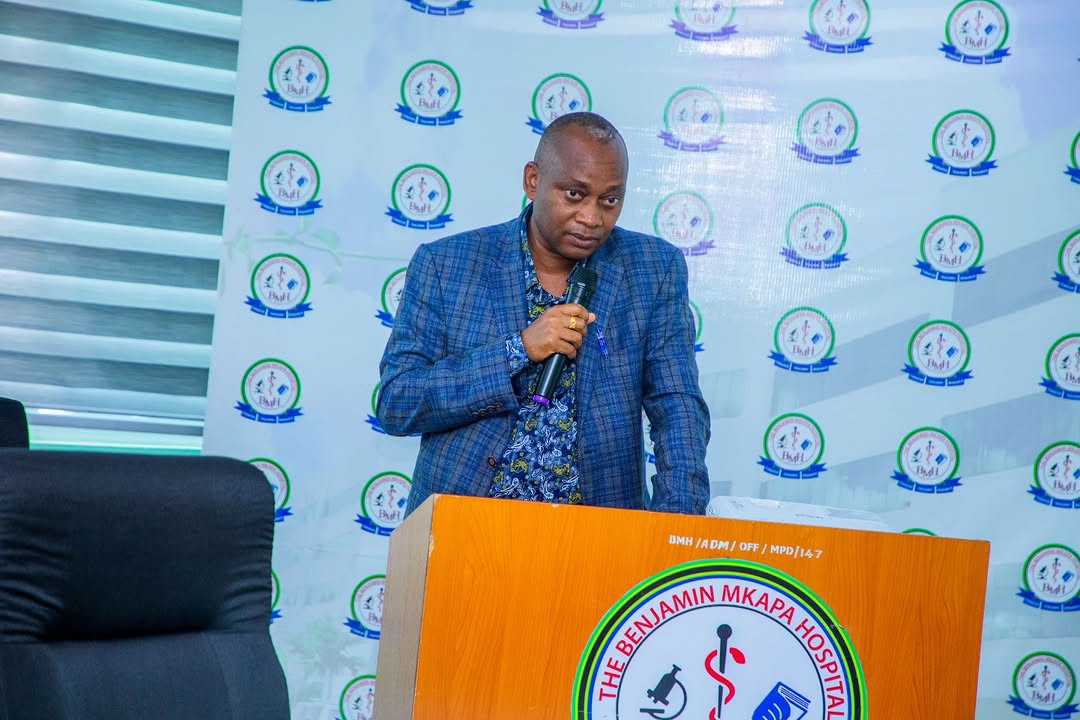
“Government has invested over 30bn/- in this project, which will serve not only Tanzania but also neighbouring countries,” he said, appealing for more support in equipment and training.
So far, BMH has treated more than 15,000 cancer patients, mostly breast and prostate cases.
Head of Oncology, Dr Jesse Kashabano, noted that about 70 per cent of cancers require radiotherapy, a gap that will be filled once the new centre becomes operational.
He said an additional 13bn/- is needed to fully equip the facility.
